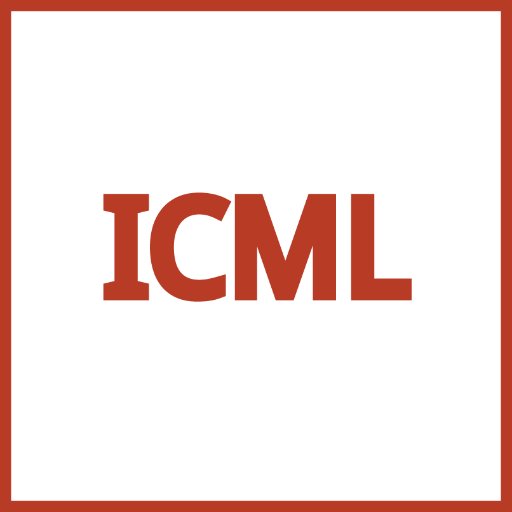
icml 1992 论文列表Proceedings of the Ninth International Workshop on Machine Learning (ML 1992), Aberdeen, Scotland, UK, July 1-3, 1992. |
The First Phase of Real-World Discovery: Determining Repeatability and Error of Experiments.
Selecting Typical Instances in Instance-Based Learning.
Conceptual Clustering with Systematic Missing Values.
AGIL: Solving the Exploration Versus Exploration Dilemma in a single Classifier System Applied to Simulated Robotics.
Temporal Difference Learning of Backgammon Strategy.
Cooperation in Knowledge Base Refinement.
Refining a Relational Theory with Multiple Faults in the Concept and Subconcepts.
Measuring Utility and the Design of Provably Good EBL Algorithms.
Detecting Novel Classes with Applications to Fault Diagnosis.
Scaling Reinforcement Learning Algorithms by Learning Variable Temporal Resolution Models.
On Combining Multiple Speedup Techniques.
Deconstructing the Digit Recognition Problem.
Learning to Fly.
Learning Episodes for Optimization.
A Framework for Discovering Discrete Event Models.
DYNAMIC: A New Role for Training Problems in EBL.
Training Second-Order Recurrent Neural Networks using Hints.
Constructive Induction Using a Non-Greedy Strategy for Feature Selection.
Guiding Example Acquisition by Generating Scenarios.
Compression, Significance, and Accuracy.
A Symbolic Algorithm for Computing Coefficients' Accuracy in Regression.
NFDT: A System that Learns Flexible Concepts Based on Decision Trees for Numerical Attributes.
Using Transitional Proximity for Faster Reinforcement Learning.
An Approach to Concept Learning Based on Term Generalization.
THOUGHT: An Integrated Learning System for Acquiring Knowledge Structure.
Enhancing Transfer in Reinforcement Learning by Building Stochastic Models of Robot Actions.
Augmenting and Efficiently Utilizing Domain Theory in Explanation-Based Natural Language Acquisition.
Sub-unification: A Tool for Efficient Induction of Recursive Programs.
Dynamic Optimization.
Learning as Optimization: Stochastic Generation of Multiple Knowledge.
A Practical Approach to Feature Selection.
Combining Competition and Cooperation in Supervised Inductive Learning.
Induction of One-Level Decision Trees.
Efficient Classification of Massive, Unsegmented Datastreams.
Fuzzy Substructure Discovery.
The MENTLE Approach to Learning Heuristics for the Control of Logic Programs.
Average Case Analysis of Learning kappa-CNF Concepts.
Artificial Universes - Towards a Systematic Approach to Evaluation Algorithms which Learn form Examples.
An Approach to Anytime Learning.
An Analysis of Learning to Plan as a Search Problem.
Learning Structured Concepts Using Genetic Algorithms.
Ordering Effects in Clustering.
Towards Inductive Generalization in Higher Order Logic.
Automatic Feature Generation for Problem Solving Systems.
Why EBL Produces Overly-Specific Knowledge: A Critique of the PRODIGY Approaches.
An Asymptotic Analysis of Speedup Learning.
Multistrategy Learning with Introspective Meta-Explanations.
Learning to Satisfy Conjunctive Goals.
Spatial Analogy and Subsumption.
A Teaching Method for Reinforcement Learning.
Lazy Partial Evaluation: An Integration of Explanation-Based Generalization and Partial Evaluation.
Learning to Predict in Uncertain Continuous Tasks.
The Right Representation for Discovery: Finding the Conservation of Momentum.
Improving Path Planning with Learning.
Peepholing: Choosing Attributes Efficiently for Megainduction.
Trading Off Consistency and Efficiency in version-Space Induction.
Learning by Incomplete Explanation-Based Learning.
The Principal Axes Method for Constructive Induction.
On Learning More Concepts.
Generalizing from Case studies: A Case Study.

